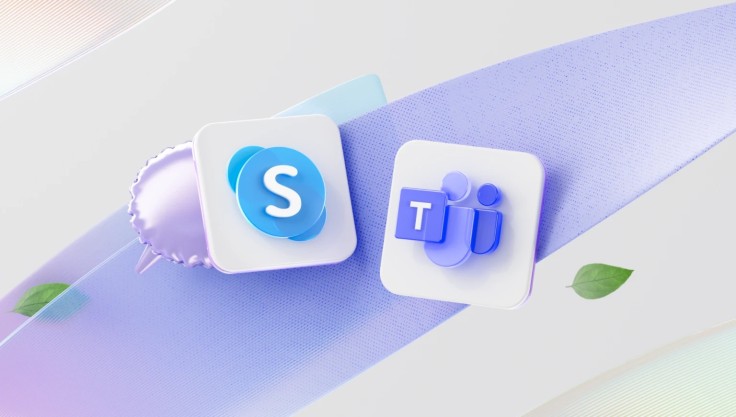
Today is the official shutdown day for Skype, Microsoft's long-running internet-enabled phone call and messaging service.
Originally announced in February, the shutdown happened Monday, the end of an era almost 22 years long.
"In order to streamline our free consumer communications offerings so we can more easily adapt to customer needs, we will be retiring Skype in May 2025 to focus on Microsoft Teams (free), our modern communications and collaboration hub." wrote Jeff Teper, President, Collaborative Apps and Platforms.
Skype was originally released in August 2003, focusing on IP-based telephony and low-cost calls to landlines and mobile phones over traditional telephone networks. It was acquired in 2005 by eBay, then a venture capital firm purchased 65% of the company in 2009. Microsoft acquired Skype for $8.5 billion in May 2011 to replace its own Windows Live Messenger.
Skype is well and truly dead as of May 5, with the end of a 60-day announcement window during which you could have transitioned to Teams or exported your Skype data.
According to The Verge, you can use your existing Skype credits until the end of your next renewal period. If you have a Skype Number, you'll have to port that over to a different provider, as Teams doesn't support calling traditional phone networks.
Ultimately, the world is a different place now, with inexpensive long-distance calls available from any mobile phone and cheap cell data plans replacing the darker days of 20 years ago when this was not as true.
Despite its initial dominance, Skype more recently faced challenges from competitors like Zoom, Google Meet, and WhatsApp. During the COVID-19 pandemic, Zoom became a preferred video conferencing platform due to its simplicity and reliability.
Microsoft's sunset of Skype in favor of Teams is nostalgic, for sure, as we all can likely remember the joy of using Skype to call "regular" phone users back in the day. Unfortunately, that's no longer necessary with smartphones in our pockets, so it's likely time to let it go and move on. Whether you choose Teams or not is definitely a personal choice.
Originally published on Tech Times









